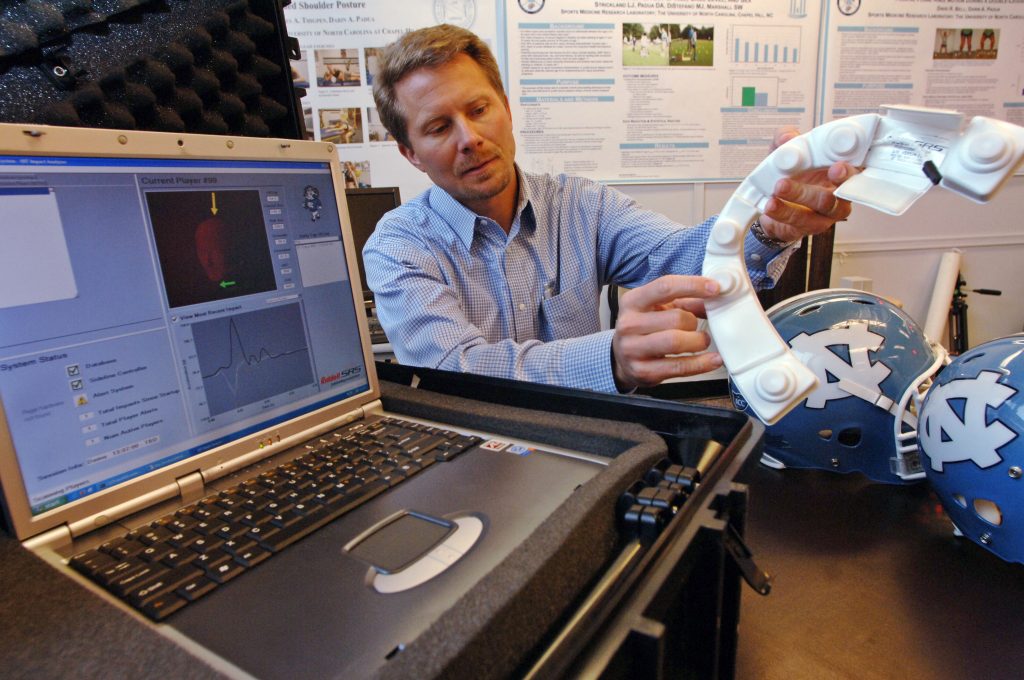
The Energy Frontier Research Center for Solar Fuels (EFRC) at the University of North Carolina at Chapel Hill received $10.8 million from the U.S. Department of Energy to advance emerging solar energy technologies and to turn these technologies into devices that can efficiently produce fuels.
This award, part of a $100 million initiative from the Department of Energy for research, allows the UNC EFRC to continue to create innovative approaches to producing solar fuels with the energy of the sun stored for night-time use. It will build upon the center’s capstone project: the dye-sensitized photoelectrosynthesis cell. DOE support will be used to optimize device components and integrate them into devices for generating and storing solar fuels for long durations, at low cost and with earth-abundant materials.
The UNC EFRC for Solar Fuels is led by UNC-Chapel Hill’s Thomas J. Meyer, Arey Professor of Chemistry in the College of Arts and Sciences. It benefits from research collaborators at the University of Florida, Georgia Institute of Technology and Research Triangle Institute and strong institutional support from UNC.
“We are delighted with the news of continued support by the Department of Energy for our leading edge research on a new approach to solar energy conversion and storage,” said Meyer. “Continued funding will allow us to move ahead in this important area with the twin goals of mastering the basic science behind the dye sensitized photoelectrosynthesis cell and applying it to water splitting into hydrogen fuel and oxygen and in reducing carbon dioxide to useful carbon fuels.”
The UNC EFRC was established in 2009 with a five year, $17.5 million award from the DOE. It was one of 46 Energy Frontier Research Centers at the time, creating a new paradigm for conducting successful world-class academic and translational research. It harnesses the skills and talents of its faculty, students and research staff to conduct multidisciplinary research at a level and scope not possible with individual or small group research teams.
Only about half of the 46 original centers received additional funding in the second round. Ten new EFRC centers were added in the second round of funding this year, to bring the total number of awards from the Department of Energy to 32. In the latest awards, Carolina was one of 32 recipients selected from more than 200 proposals by DOE.
Although the UNC EFRC will focus on basic research, it is developing partnerships broadly including with businesses that can use its research findings for more tangible consumer uses in solar technology.
Since 2009, the UNC EFRC has become a center of excellence, educating future energy research personnel with 180 postdoctoral fellows, graduate students, and undergraduates trained or currently in training and 45 graduate degrees awarded. More than 100 EFRC alumni are pursuing careers in academia, industry, national laboratories and the public sector. It has established world-class facilities that include state-of-the-art instrumentation in laboratories staffed by research scientists.
By Thania Benios, UNC News Services.


